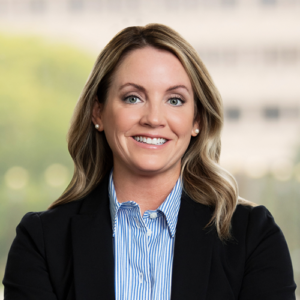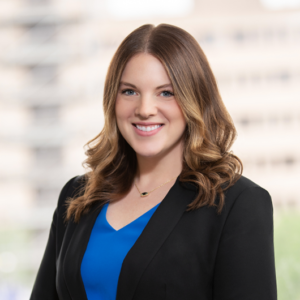OIG recently issued an advisory opinion related to a request by an ophthalmology practice (“Practice”) to examine four proposed funding arrangements for a continuing medical education (“CME”) program offered to local optometrists on current treatment and medication protocols for patients requiring ophthalmic surgeries. The CME program would offer 2-6 hours of CME, valued at $500-$9,000. Notably, the CME program would be held at a venue conducive to educational programming, and participants would be offered modest food and non-alcoholic refreshments.
The Practice proposed four models to fund the CME program, each of which was analyzed by OIG, as follows:
- Proposed Arrangement A: Under this option, the Practice would charge attendees a registration fee that was intended to be fair market value, but would cover any costs of the program that were not met by registration fees. In the event that attendees’ registration fees far exceeded program costs, the Practice would donate the excess to a local charity not affiliated with any federal health care program.
While OIG noted that the arrangement would implicate the federal Anti-Kickback Statute, the risk was determined to be low given the payment of a fair market value registration fee and the absence of other “high risk” characteristics as described further below.
- Proposed Arrangements B & C: Proposed Arrangements B and C differed from A in that the Practice would offer the CME program for free. Under Proposed Arrangement B, the Practice would fund the program; under option C the program would either be entirely funded by industry sponsors or split evenly between the sponsors and the Practice.
OIG found that the programs did not exhibit several “higher risk” characteristics such as minimal educational material, paying faculty above market rates and providing attendees with extravagant meals and alcoholic beverages. Nevertheless, OIG expressed concern with the provision of “free goods or services to an existing or potential referral source.” OIG noted that even for an educational event that contains many low-risk characteristics, free events increase the likelihood that attendees would feel extra pressure to make referrals to the Practice for services payable by federal health care programs.
Additionally, under Proposed Arrangement C, the receipt of funding from industry sponsors would mean that Practice and external faculty, in addition to attendees, would feel added pressure to prescribe or order a sponsor’s products.
- Proposed Arrangement D: The final funding option included the Practice of charging a registration fee to the attendees, but the Practice would also receive funding from industry sponsors in the form of a subsidy. OIG stated that this scenario is different from industry sponsorship of an independent entity because the Practice is directly involved in patient services. Therefore, this arrangement would likely increase the chances that the Practice would be a direct referral source and be induced to purchase sponsors’ products.
Practical Takeaways
The Advisory Opinion reinforces OIG’s longstanding concern with providing value in the form of free or reduced-cost goods or services to a potential referral source, even in the context of an otherwise bona fide educational offering. This concern remained even where a fee was charged and industry sponsorship was involved.
Notably, OIG did not address prior guidance from CMS to the Accreditation Council for Continuing Medical Education regarding certain hospital, on-site CME programs. In response to a 2008 request, CMS stated that it did not consider on-site CME to be “remuneration” for purposes of the federal Stark Law if “primarily for the benefit of the hospital’s patients, for example, training on the prevention of nosocomial infection.”
Given the potential risk noted by OIG (and potentially conflicting agency guidance), hospitals, physicians, physician groups and industry stakeholders should ensure that any CME program offering available to a referral source is reviewed in coordination with legal counsel.
If you have any questions or would like any additional information about this topic, please contact:
- Erin Drummy at 317-977-1414 or edrummy@wp.hallrender.com;
- Joe Wolfe at (414) 721-0482 or jwolfe@wp.hallrender.com;
- Alyssa James at 317-429-3640 or ajames@wp.hallrender.com;
- Caulin McGraw (317) 977-1421 or cmcgraw@wp.hallrender.com; or
- Your primary Hall Render contact.
Special thanks to Derek White, Summer Associate, for his assistance with this article.
Hall Render blog posts and articles are intended for informational purposes only. For ethical reasons, Hall Render attorneys cannot give legal advice outside of an attorney-client relationship.




